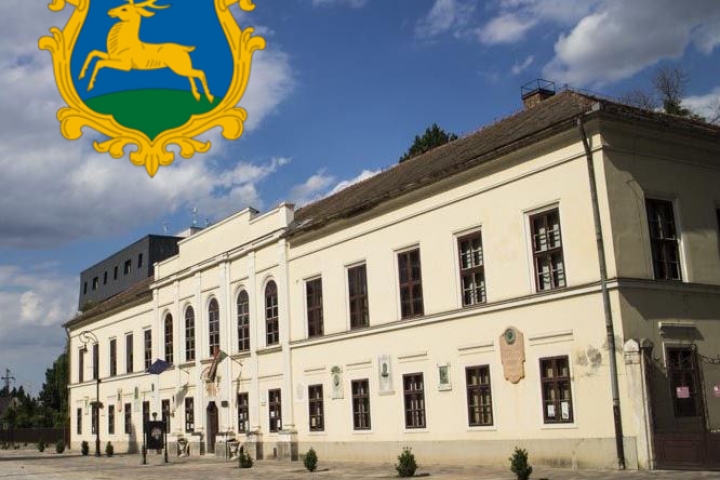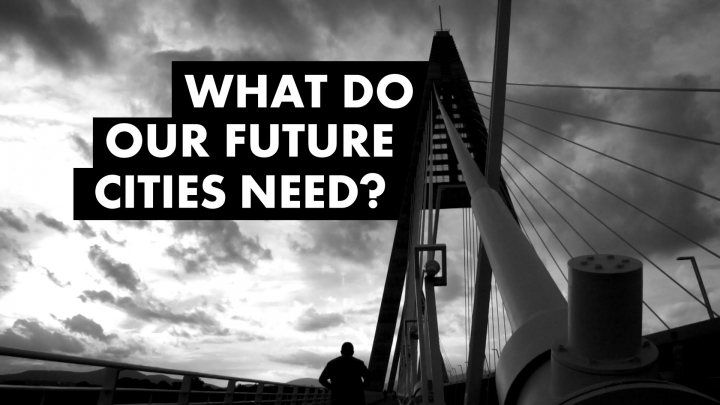Who took the burden of the energy crisis?
The report analyses the impacts of the 2021-2022 energy crisis as well as the measures of governments implemented in response. The aim of the assessment was to:
- provide an overview of the impact of the energy crises on the welfare of households
- explore how successful government measures taken to compensate the effects of the energy crisis proved
The model used for the simulation of the distributional and social impact of the energy prices spike at a household level, both vertically (by income level) and horizontally (by other sociodemographic characteristics of the households), was developed by the Basque Center for Climate Change (BC3) and Think Sustainable Network.
The project was led by IEEP in partnership with six other members of the Think Sustainable Europe (TSE) network - Association for International Affairs (AMO) in Czechia, the Basque Centre for Climate Change (BC3) in Spain, Ecologic Institute in Germany, Energiaklub in Hungary, IDDRI in France and Wise-Europa in Poland - and with modelling inputs led by BC3. The project was supported by Laudes Foundation.








